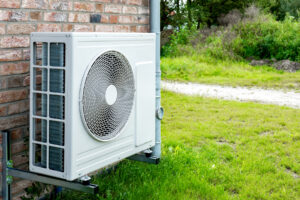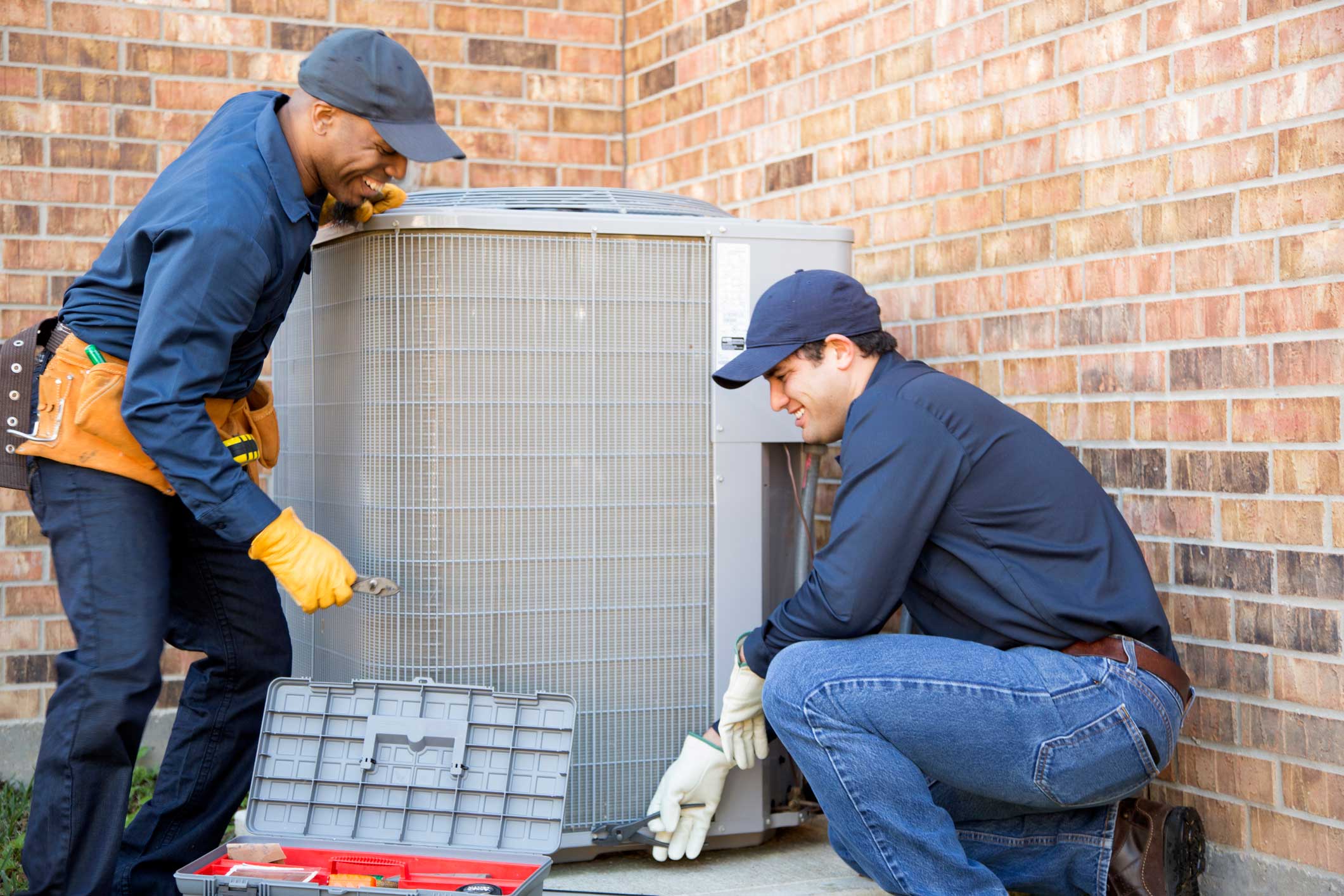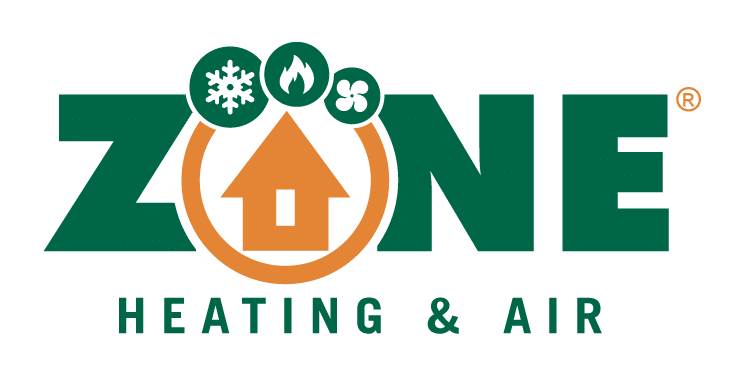 Picture this: you’re cozy inside your warm home while a winter storm rages outside. You probably don’t think too much about how your heating system works, right? But what if you discovered a way to stay comfortable year-round while also potentially saving money on energy bills? This is where understanding what a heat pump is can be a game-changer. A heat pump is more than just a heater. It’s a versatile system that can heat and cool your home by efficiently moving heat, not by generating it like a furnace. This can lead to substantial savings on your energy bill, especially in moderate climates.
Picture this: you’re cozy inside your warm home while a winter storm rages outside. You probably don’t think too much about how your heating system works, right? But what if you discovered a way to stay comfortable year-round while also potentially saving money on energy bills? This is where understanding what a heat pump is can be a game-changer. A heat pump is more than just a heater. It’s a versatile system that can heat and cool your home by efficiently moving heat, not by generating it like a furnace. This can lead to substantial savings on your energy bill, especially in moderate climates.
Table of Contents:
- Heat Pumps Explained: How Do They Work?
- Types of Heat Pumps: Exploring Your Options
- Pros and Cons of Heat Pumps
- FAQs About What is a Heat Pump
- Conclusion
Heat Pumps Explained: How Do They Work?
Have you ever noticed that the back of your refrigerator feels warm? That’s because it’s releasing heat extracted from its interior. A heat pump operates on a similar principle, just on a larger scale. Essentially, a heat pump uses a liquid refrigerant to absorb heat from one area and release it in another.
Heat Pump in Heating Mode
During winter, the outside air, though cold, still contains heat energy. The heat pump extracts this heat via the refrigerant, which absorbs the heat and becomes a gas. The gas is then compressed by the unit compressor, raising its temperature significantly.
This hot gas then passes through an indoor coil, releasing the heat into your home’s duct system for distribution. As the gas cools, it condenses back into a liquid, and the cycle repeats.
Heat Pump in Cooling Mode
In summer, the process reverses. The heat pump absorbs heat from inside your home and uses refrigerant absorbs to make the indoor air cooler. This heat is then released outdoors by the outdoor unit.
Yes, you read that right – the same system that keeps you warm in winter provides cool relief during the sweltering summer months. The heat pump’s role is to move heat, providing a year-round solution for your home’s comfort.
Types of Heat Pumps: Exploring Your Options
When it comes to choosing a heat pump, one size does not fit all. Your home’s size, geographical location, and heating needs all factor into the decision. Let’s explore the various types of heat pumps available:
1. Air-Source Heat Pumps
As the name suggests, air-source heat pumps are the most common type and use the outside air as the heat source in winter and a heat sink in the summer. They are a popular choice for many homeowners, especially those looking for an energy-efficient air conditioner alternative. These are further classified into:
- Ducted: Ducted systems connect to your existing ductwork to distribute heated or cooled air throughout the house. If you already have ducts in place, this might be the easiest and most economical route.
- Ductless: For homes without ducts, ductless, or “mini-split” heat pumps are a fantastic solution. They provide zoned heating and cooling, so you can customize the temperature of individual rooms or areas.
2. Geothermal Heat Pumps
Unlike their air-source counterparts, geothermal heat pumps tap into the consistent temperature found underground. Instead of using outside air, they exchange heat with the ground or a nearby water source.
While pricier to install due to the ground loop installation, they offer long-term savings due to their high efficiency. Since the ground temperature is more stable, geothermal heat pumps are less affected by extreme temperatures, offering reliable year-round performance.
3. Hybrid Heat Pumps
Unsure whether to commit fully to a heat pump or stick with a gas furnace? Hybrid heat pumps give you the best of both worlds. These systems combine an electric heat pump with a gas furnace, offering a supplemental heating source when needed.
This combination provides optimal efficiency. The heat pump does the heavy lifting most of the year, while the furnace kicks in as needed during periods of extremely cold weather.
Pros and Cons of Heat Pumps
As with any home system, heat pumps come with advantages and drawbacks. It’s all about choosing a system that best suits your needs. So, what is a heat pump good for? Here are the benefits:
Advantages:
- Energy efficiency: Because they transfer heat instead of generating it, heat pumps are significantly more energy-efficient than traditional systems, potentially saving you hundreds of dollars in the long run. In fact, a recent study shows they can reduce energy consumption for heating by a whopping 50% compared to furnaces. And remember those ENERGY STAR labels? Many high-efficiency heat pumps wear this badge of honor, reflecting their commitment to eco-friendly performance.
- Heating and Cooling Versatility: As their name implies, these marvels offer both heating and cooling in a single system. It’s like having two appliances for the price of one – a smart investment that reduces your carbon footprint.
- Environmentally Friendly:Heat pumps are much kinder to the environment because they rely primarily on electricity instead of fossil fuels. By using less energy and emitting fewer greenhouse gasses, you’re doing your part to combat climate change.
Drawbacks:
- Initial Cost: Heat pumps have a higher upfront cost compared to traditional systems, especially those ground-source or hybrid models. But hey, consider it an investment in comfort, long-term savings, and a healthier planet. Thankfully, there might be ways to offset some of the expense; many states and utilities offer rebates and incentives, making your initial investment more manageable. And while a new system can be a significant purchase, an ENERGY STAR certified heat pump can potentially save you $1,800 over its lifetime. Not too shabby.
- Performance in Extreme Temperatures: In extreme climates, where the temperature regularly dips below freezing, the efficiency of air-source heat pumps can decline. In these instances, you might consider pairing it with a furnace for optimal performance. Remember what we learned about those nifty hybrid systems? A dual-fuel system might be just the solution if you’re in a colder climate. And if you’re concerned about chilly temperatures impacting performance, a March 2022 study offers some reassuring news for specific locations – like Scotland.
FAQs About What is a Heat Pump
What is the downside to a heat pump?
One notable downside is the initial cost, which tends to be higher than traditional systems, particularly for ground-source or hybrid models. Additionally, air-source heat pumps can be less efficient in extreme cold, making a supplemental heating source a worthwhile consideration.
Is a heat pump better than an AC?
The cool thing is heat pumps provide both heating and cooling. If you’re looking for a system that can do it all, heat pumps take the cake over a standalone AC. They work tirelessly in heating mode during the winter and effortlessly switch to cooling mode in the summer.
What is a heat pump in simple terms?
Think of a heat pump as a super-powered heat mover. In simpler terms, it acts like a refrigerator in reverse. Instead of removing heat from inside and dumping it outside, it can do both: move heat inside to keep you warm or pull it out to keep you cool. It accomplishes this by transferring heat, making it more efficient than simply generating it. Pretty neat, huh?
Is a heat pump better than central heat?
Ah, the age-old debate. If we are being honest, it boils down to climate and individual needs. While central heat might use natural gas, heat pumps excel in milder climates. They don’t produce heat but transfer it, which can be super-efficient. Plus, they do double duty as AC units, simplifying your HVAC systems.
Conclusion
So there you have it, an in-depth look at what a heat pump is. Choosing the right heating and cooling system for your home can seem overwhelming. Hopefully, we’ve illuminated this innovative and eco-friendly solution. It is a versatile and energy-efficient alternative to traditional systems, with long-term cost-saving benefits.
HVAC Repair is Just a Call Away


